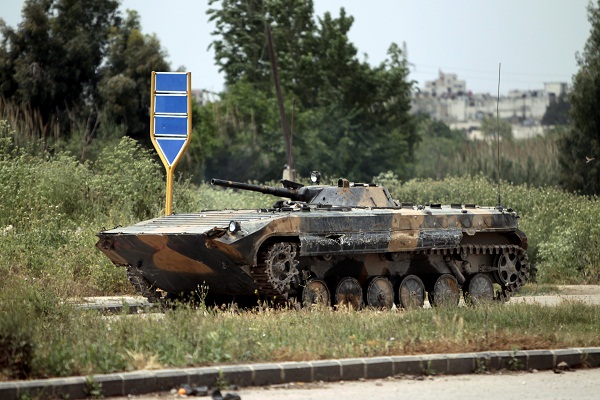The situation in Syria is very precarious, according to multiple reports – including those of UN observers. Diplomatic tensions remain as before, with Russia and China unyielding in their intransigence. The question of intervention (in some form) is being considered, and all options are supposed to be on the table.
Sir Malcolm Rifkind, chairman of the Commons foreign affairs committee, has said that a blockade of arms should be imposed by policing the eastern Mediterranean and encouraging Iraq and Turkey to secure their borders and airspace. He said:‘We have to find a way of demonstrating to them that it’s not just speeches that we make but we actually give practical help as well.’
Meanwhile, former foreign office minister, Lord Malloch Brown, has advanced the view that arming the rebels is the ‘least bad option’.
The Assad regime is reasonably well armed, although there has long been scepticism about the quality of its troops and their equipment. In 2005, the US Center for Strategic and International Studies (CSIS) estimated the Syrian army’s manpower at around 200,000, supported by a substantial arsenal of materiel (Figure 2.1, here). Since then, a limited modernization programme has been undertaken. Innovations include the formation of special units, mechanized infantry, modern anti-tank equipment, surface-to-air missiles and advanced helicopter training. All of this was supplied by Russia under deals that were made after 2005, when the Russians wiped clean 73 per cent of Syria’s £13.4 billion debt, enabling a new procurement programme. (Read from page 124 of this CSIS document .)
This means that any hardware gifted by the West to the rebels would have to be fairly heavy to be effective. The problem with giving people arms is that they are deuced difficult to retrieve. Then there is the issue of who the rebels are? The leading article in the current issue of the Spectator makes this very point this week. It argues that nothing should be off-limits, but discretion may be the better part of valour when there are so many unknowns.






Comments